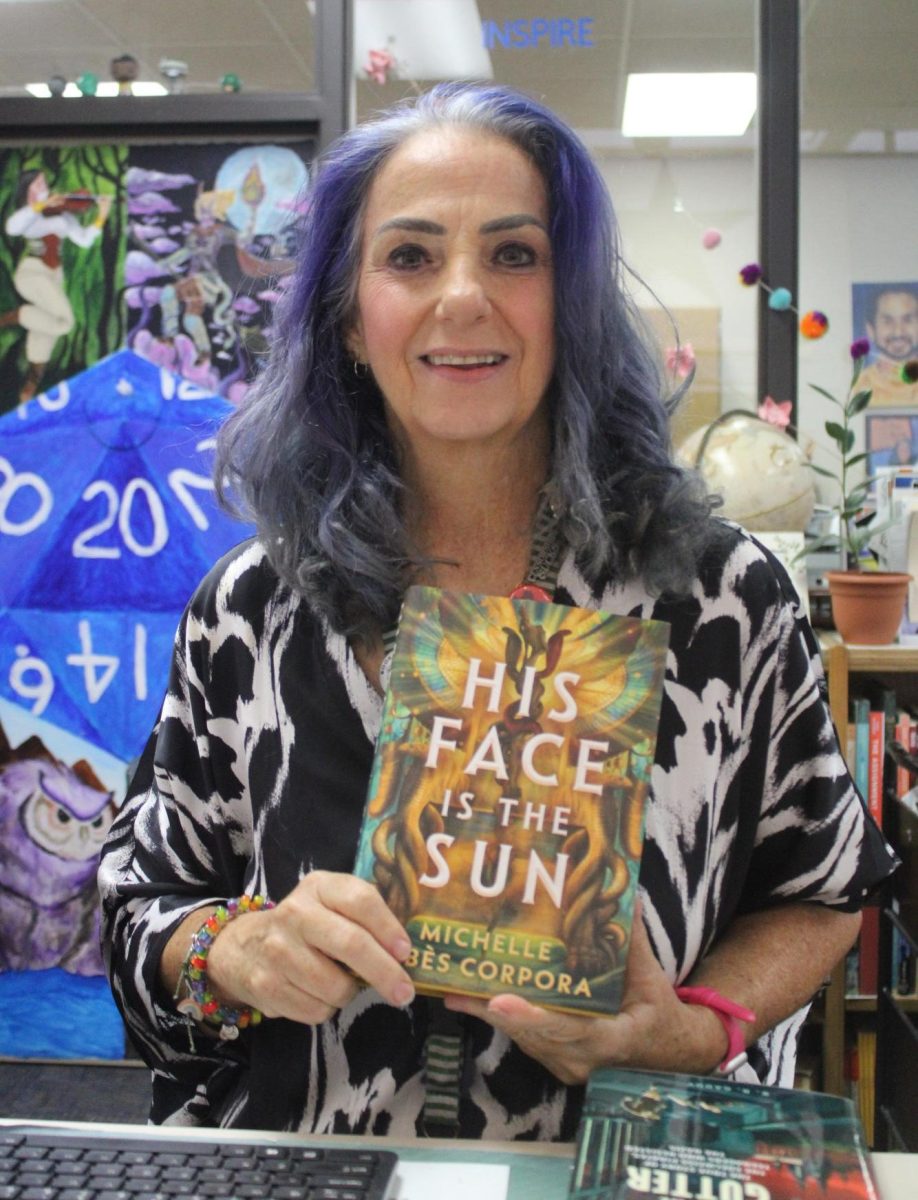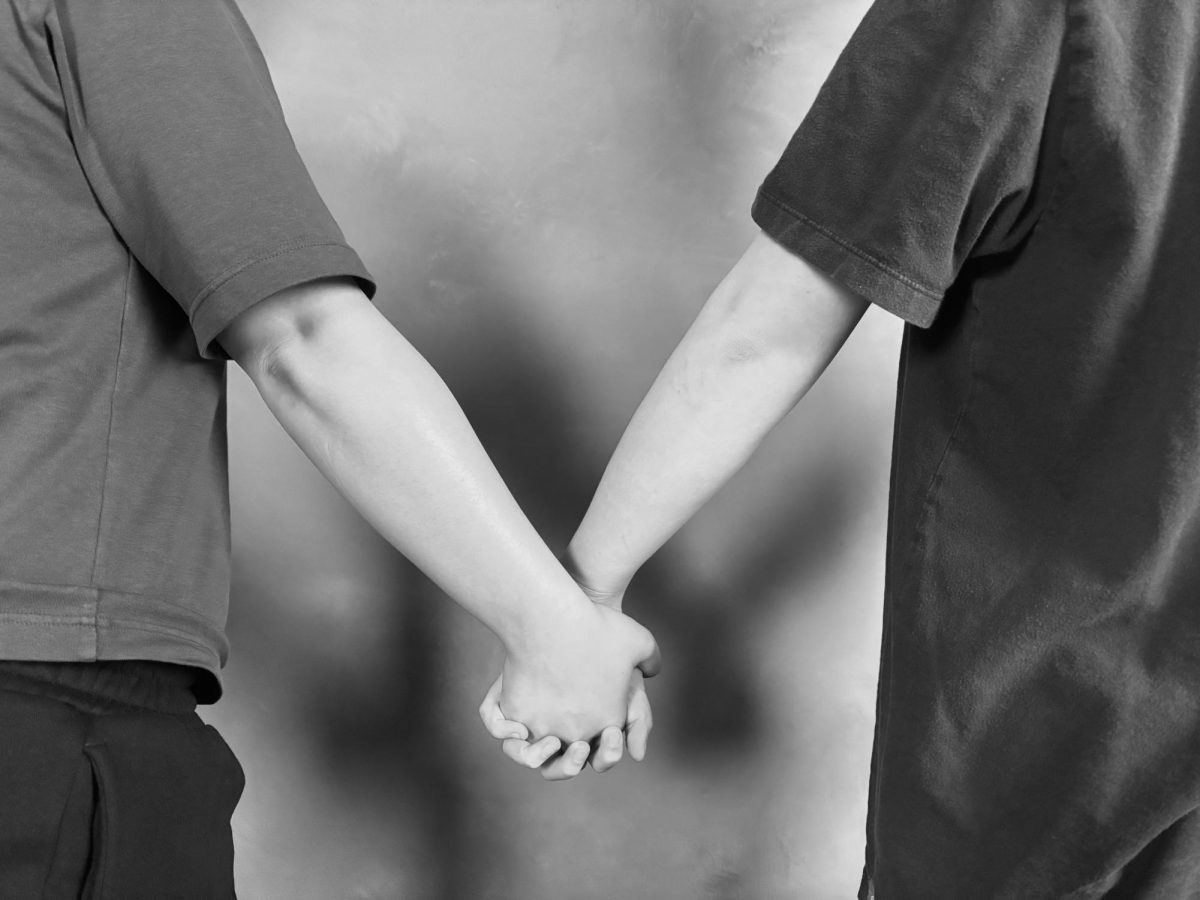Social media has always been a prevalent force in our society since its creation; posting pictures and jokes, commenting on each other’s posts, or simply updating your status or posting for fun. It has evolved over the years, becoming a place that either breeds positivity, kindness, and creativity, or a place where hate and cruelness can run rampant. In light of recent tragedies like the death of Liam Payne and issues surrounding the P Diddy cases, the internet has proven to be a place where yes, let’s make a joke and have a laugh about everything. Not a laugh about a few things or make fun of something here and there, but to make a joke about basically anything. It is like the apps are being run by horrible comedians only. But with the development of these apps and spaces, does it also come with the loss of empathy and seriousness these types of situations should be dealt with?
The answer, of course, is complicated. Because while social media has had an overwhelming effect on how society and especially the younger generations in society view specific issues, it can all depend on the type of media that person is consuming. In fact, an immense amount of reactions to the situations listed above were appropriately provided with what had happened. The majority of reactions to Payne’s death were people sending condolences to his family and mourning him and his legacy. Yet there were still outliers, people making TikToks and tweeting the same five regurgitated jokes about his death. Same issue with what happened with P Diddy; whereas originally most of the public viewed his involvement in sex trafficking as horrific, people eventually started to post jokes about it, stripping the situation of the seriousness and the attention it deserved.
This issue does not only pertain to news stories or bad news, but also with literature, music, art, theater, or any form of modern expression of feelings. Ethel Cain, a songwriter and musician, has put it best when she addressed the issue, “…everything has to be a joke at all times”. Cain continues to explain how any art people come to interact with that instead of trying to understand it on a deeper level or analyze the art, they make surface level jokes or brush it off as if it’s not worth the time. These reactions, if consistent enough, cause a person to become uninterested with anything they come into contact with that they don’t know or understand. This combined with the reach social media platforms have can influence how the majority reacts to something new or in general.
While social media does contribute to the lack of empathy and seriousness in situations, it can also create spaces where these traits are a significant part of any interaction. It can be a place where people analyze and critique and marvel at art, while simultaneously make jokes or poke fun at whoever created it. So while there are some obvious downsides to social media and its effects on our society, it can help people grow and learn; one just has to be willing to seek it out.
Obviously, social media is not the center of all evil or the root of all the problems society has, but these apps allow for spaces where people can make fun or make light of intense situations. These people are not shut down or monitored because they promote what they are doing as “humor” and are able to spread these “jokes” to people more impressionable. It is important to teach empathy and that someone’s pain is not another person’s bad joke.







